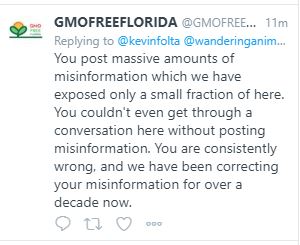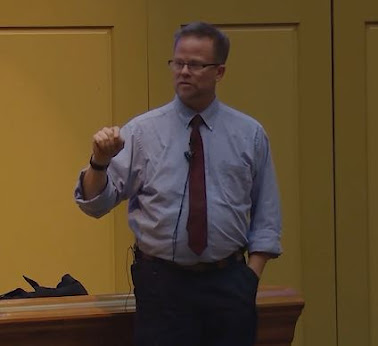A Response to Carey Gillam

The general rule is not to engage those that seek to malign you as a scientist. But this is a textbook case of how they respond to legitimate criticism-- by trying to disqualify the critic. I thought it would be worth a read so you can understand how these folks work, and why scientists are hesitant to engage disinformation. Last week I prepared a critical, scholarly response to an article by Carey Gillam in The Guardian. Her work was a horrible distortion of data to manufacture a sense of risk where none actually exists. In response, she published a textbook ad hominem fallacy argument against my scientific response, personally impugning me with selective editing, out of context quotations, and misrepresentation of situations. All of her comments are based on documents (mostly my emails) freely obtained through transparency laws I abide by as a public scientist. I then commented thusly on her website. To her credit, it has been allowed to stand, of course with her comment: "





